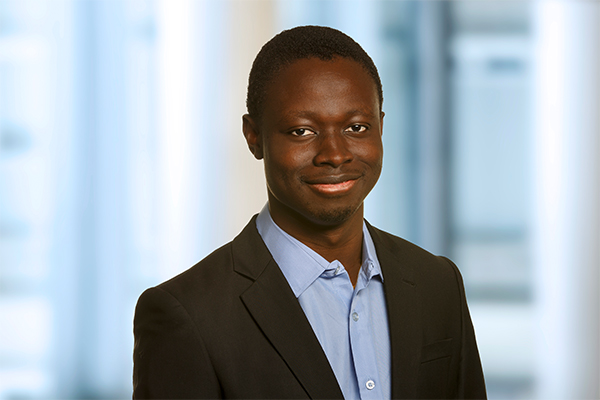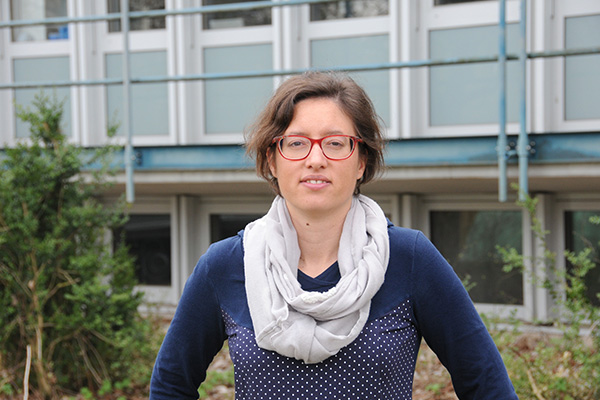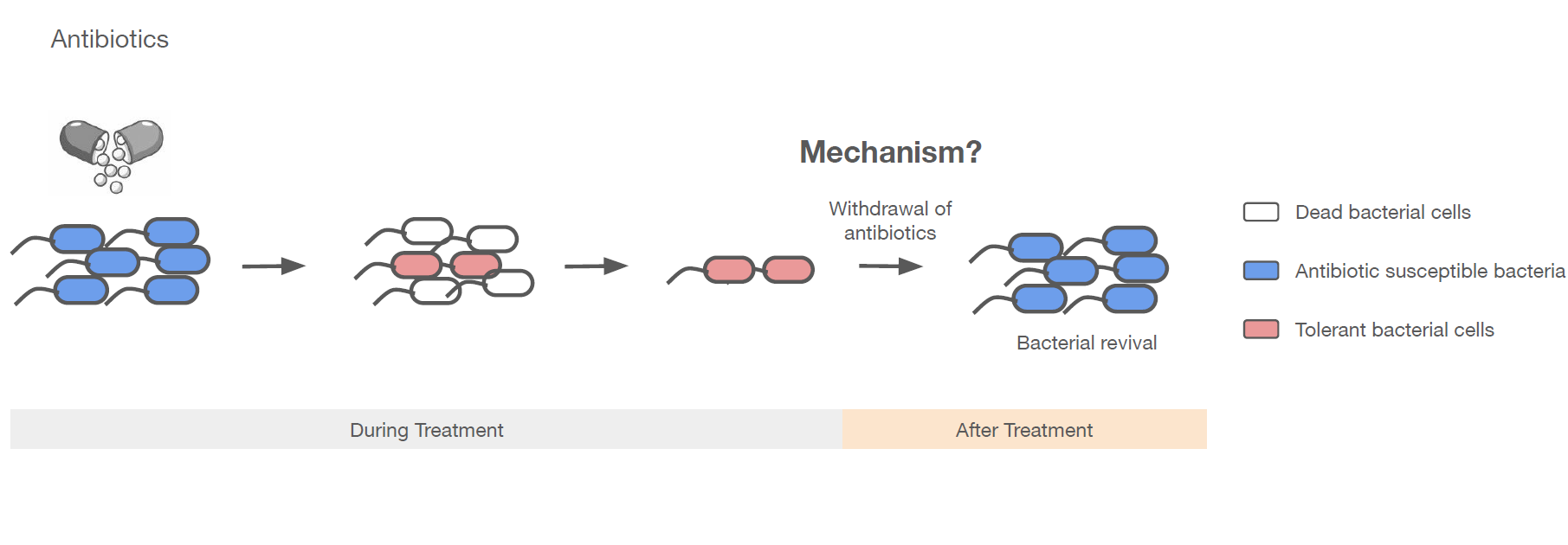Systems biology approach for elucidating bacterial revival after antibiotic treatment
Adewale Ogunleye – Hector RCD Awardee Ana Rita Brochado
The ability of non-resistant bacterial pathogens to survive antibiotics during infection (tolerance) contributes not only to global rise of antibiotic resistance, but also to chronical relapse of infections. The aim of the project is to understand what contributes to bacterial revival after antibiotic treatment and the underlying biological pathways. The findings of this project will contribute to better informed decisions on the selection of antibiotics to treat infections and prevent relapse.
Antibiotic resistance is a global healthcare crisis with severe socio-economic consequences. In susceptible bacterial species, antibiotics fail to eliminate a small subpopulation (known as tolerant bacteria) which are able to tolerate clinical doses of antibiotics. This is different from resistance which is typified by ability of the bacteria to grow in the presence of antibiotics. Tolerant bacteria revive after antibiotic treatment and are able to resume growth and cause chronic relapse of infections. Tolerance is known to be initiated by metabolic stress among others, however, little is known about the mechanisms that trigger revival of tolerant subpopulations.
This project aims to unravel the molecular mechanism that elicit bacterial revival after antibiotic treatment. To this end, I will develop high-throughput approaches to systematically investigate revival of the pathogen Salmonella Typhimurium, a model organism for infection biology. To further test the in vivo relevance of my project, I will re-assess whether bacterial revival is triggered differently inside murine macrophages, which are the preferred host niche during systemic salmonellosis.
Revival process of tolerant bacterial population post-antibiotic treatment.

Adewale Ogunleye
Eberhard Karls University TübingenSupervised by

Ana Rita Brochado
Biology & MedicineHector RCD Awardee since 2020


